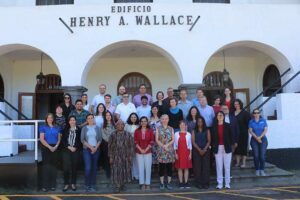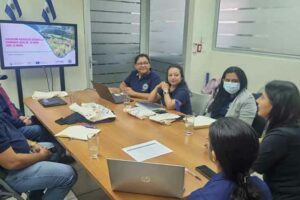PiNN Project concludes with results that strengthen decision-making in food security in Guatemala
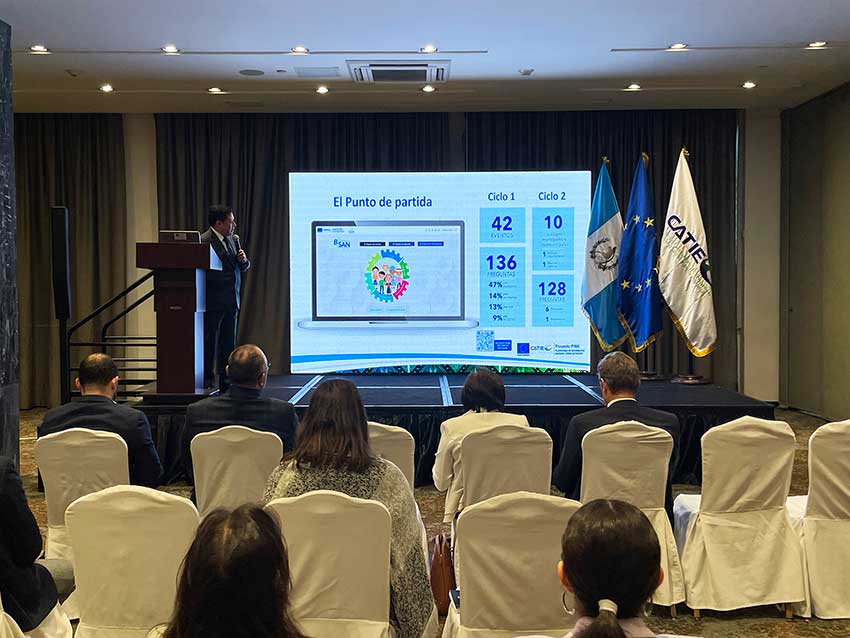
- The initiative promoted technological improvements, institutional coordination, and key tools to prevent malnutrition in the country.
The National Nutrition Information Platform Project (PiNN) officially concluded its implementation in Guatemala after two consecutive phases carried out between 2017–2025. The initiative aimed to improve information systems and strengthen institutional capacities for evidence-based decision-making on food and nutrition security and complementary issues in Guatemala, generating inputs that support the implementation of multiple interventions across territories.
One of the project’s main achievements was the strengthening of information systems and platforms, as well as technological modernization within key institutions. Through investments in IT infrastructure, software licensing and specialized programs, the technical staff enhanced their ability to process, analyze, and visualize nutrition-related data. This progress now enables more efficient, transparent, and timely information management and improves the conditions for stronger accountability.
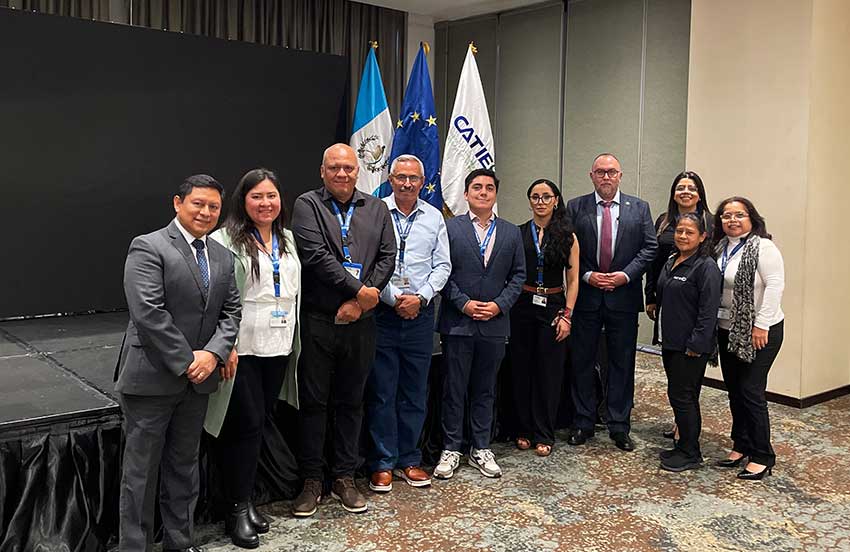
Additionally, the PiNN project promoted automation processes for administrative data related to monitoring the growth of children under five and public interventions designed to prevent malnutrition. This effort has helped save time, reduce costs, and improve the quality of institutional follow-up.
The project also delivered innovative digital tools that are now part of the daily work of various institutions. Notable examples include the Food and Nutrition Security Question Bank (Bp-SAN), acute malnutrition monitoring systems and community monitoring platforms, departmental and municipal SAN information platforms, the Integrated Intervention Management System of the Vice Ministry of Food and Nutrition Security (VISAN), the Geoportal of the Ministry of Agriculture, Livestock, and Food (MAGA), and the Nutrition Situation Room of the Ministry of Public Health and Social Assistance (MSPAS), among others. These technological solutions strengthen traceability, accountability, and data visualization to guide more precise decision-making. These and other tools generated under the PiNN project have since been institutionalized, ensuring their sustainability.
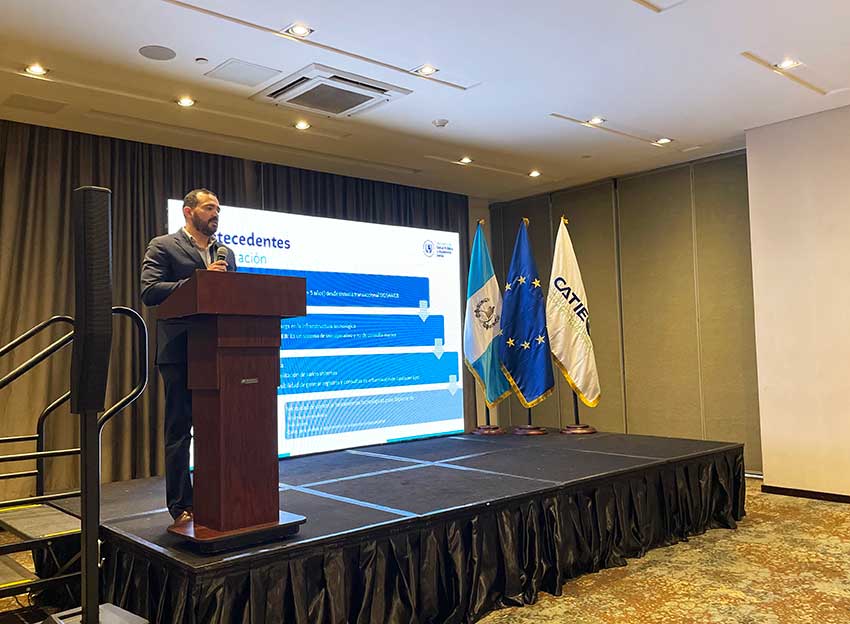
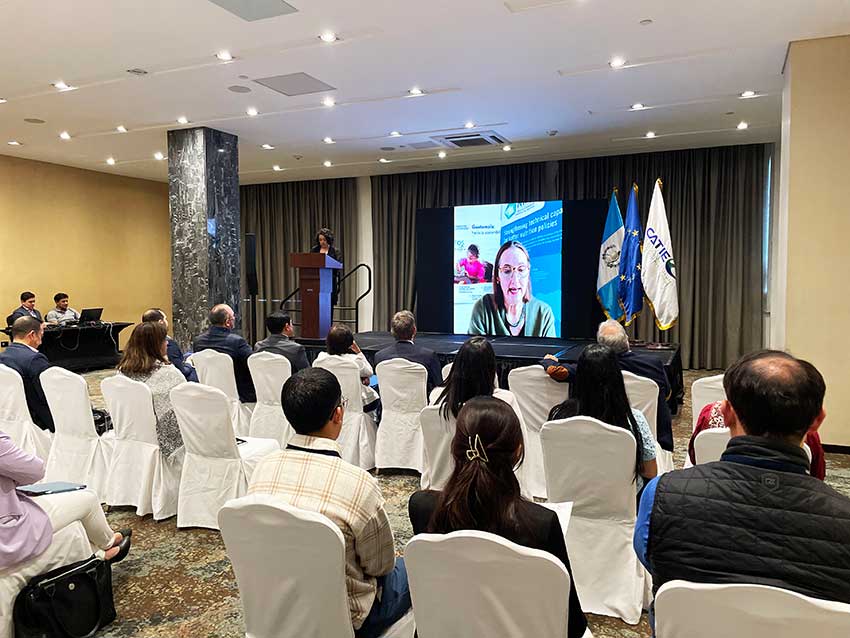
More than 1,500 public officials and academic representatives were trained in strategic topics related to governance, management, processing, and interpretation of data. These training processes reinforce sustainability and ensure that the capacities developed will remain within institutions beyond the project’s closure.
PiNN also produced high-value studies, such as the Analysis of Municipal Public Expenditure on SAN for all 340 municipalities in the country for the periods 2021–2022 and 2023–2024, as well as the Evaluation of the evolution of strategies to reduce chronic malnutrition in Guatemala. These contributions are complemented by infographics, technical bulletins, and policy briefs that expand access to key information for decision-making.
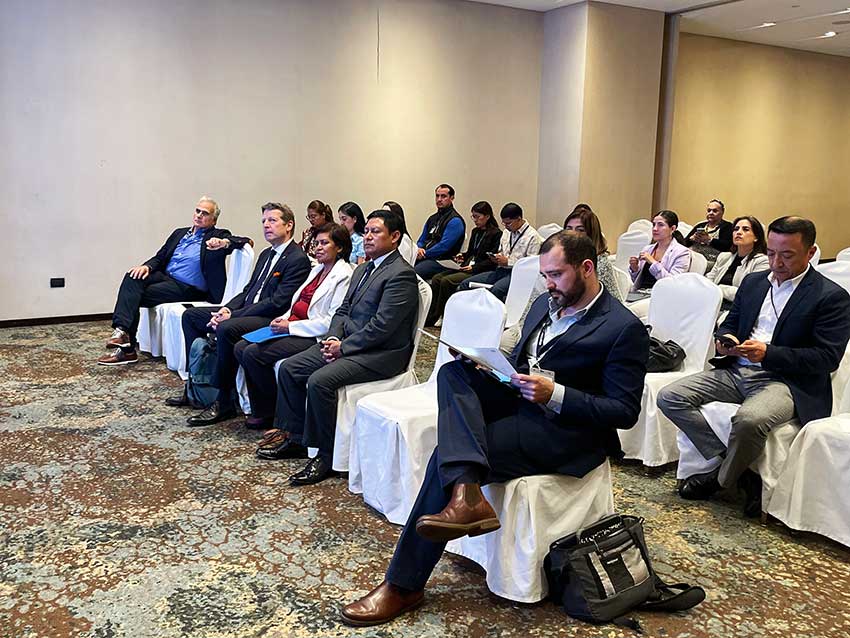
Institutional Information
- Name: National Nutrition Information Platform (PiNN)
Implementation: CATIE (Tropical Agricultural Research and Higher Education Center) – Guatemala - Funding: European Union and Federal Ministry for Economic Cooperation and Development of Germany (BMZ)
- Implementation period: 2017–2025 (Phase I and Phase II)
- Total investment: 5 million euros
- Main partners: Secretariat of Food and Nutrition Security (SESAN), MSPAS, MAGA, members of the National Food and Nutrition Security System (SINASAN), municipalities, and departmental governments.
- https://www.catie.ac.cr/paises/guatemala/proyecto-plataforma-de-informacion-nacional-sobre-nutricion/
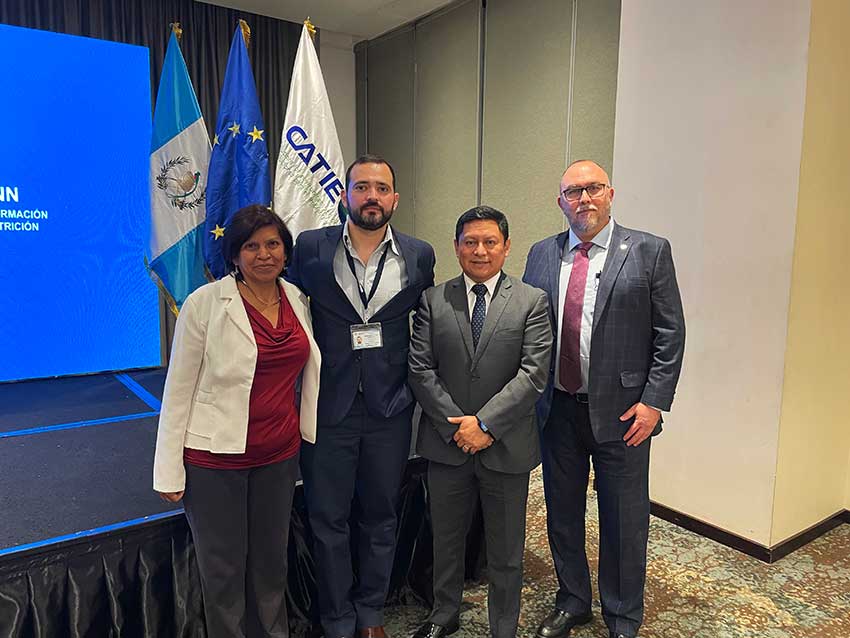
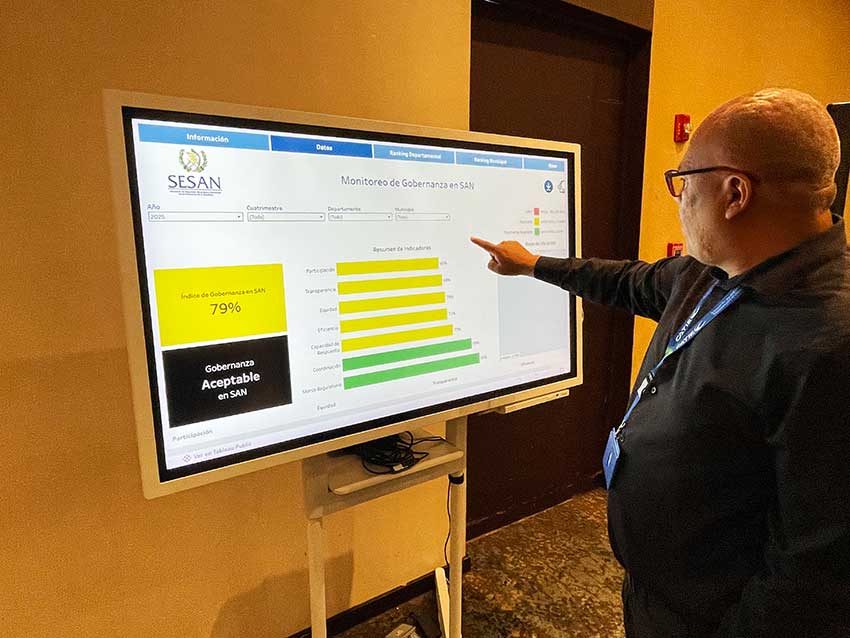

Written by::
Karla Madrigal Pereira
Communicator
Communications and Marketing Office
CATIE
karla.madrigal@catie.ac.cr

